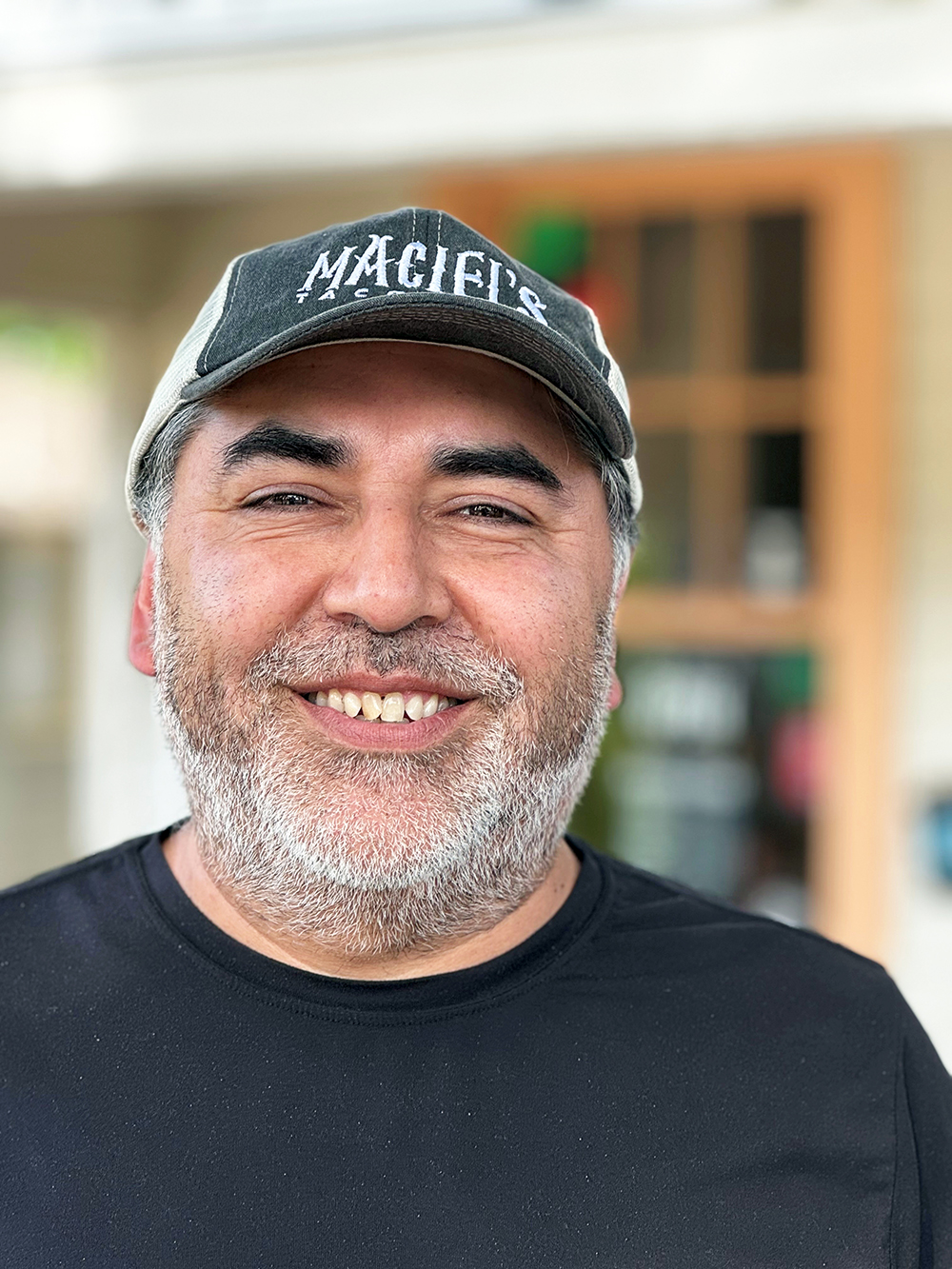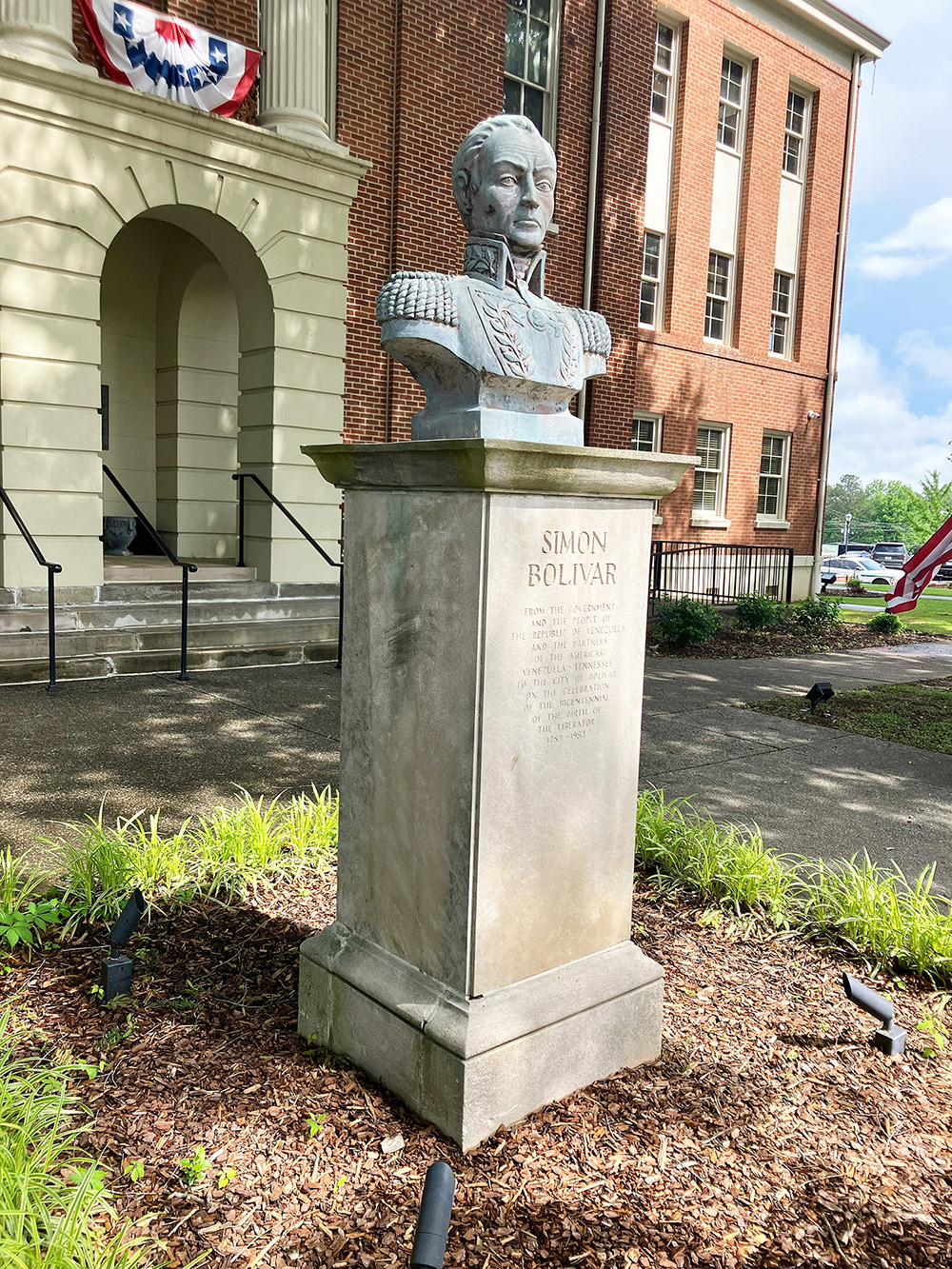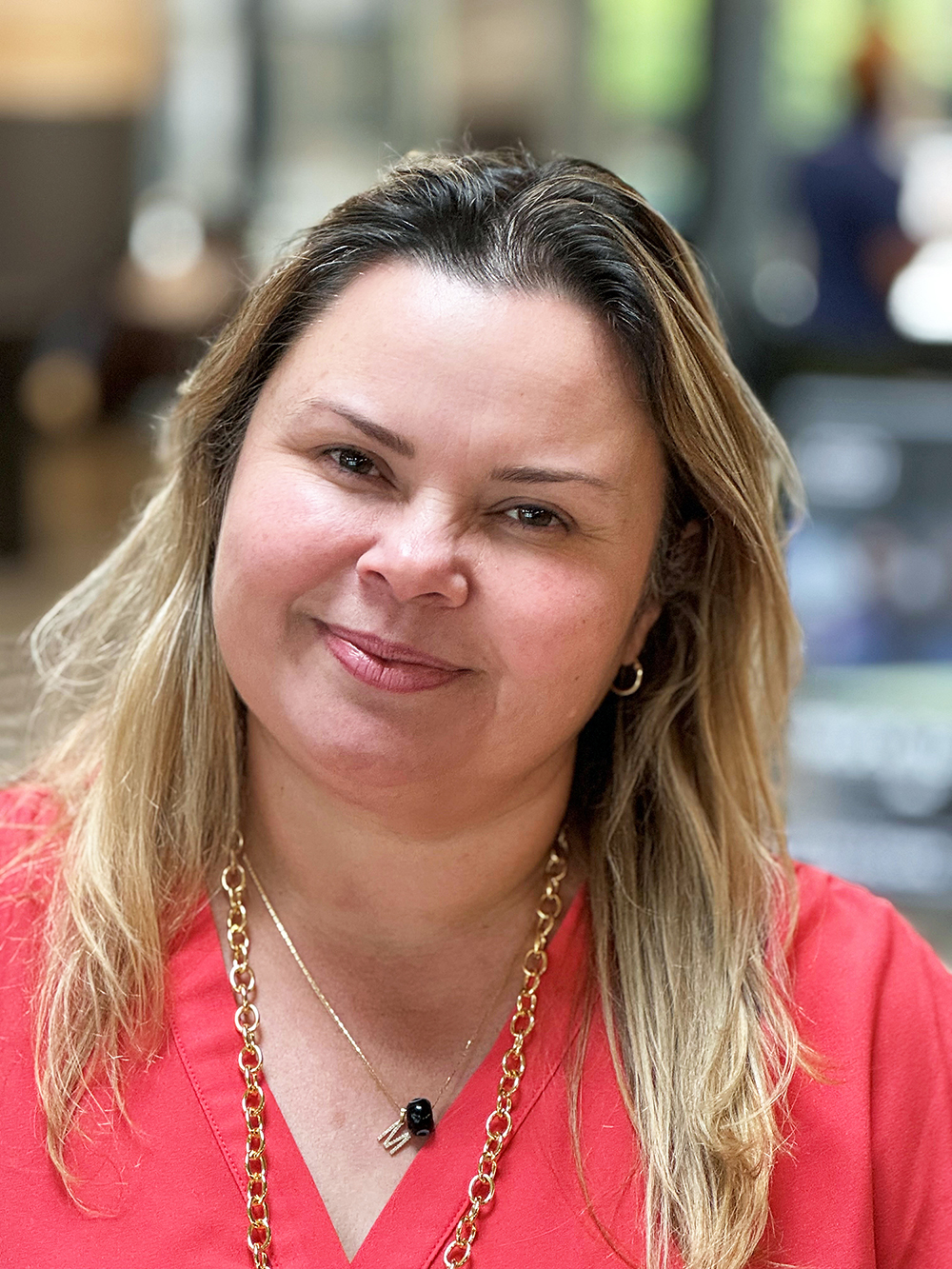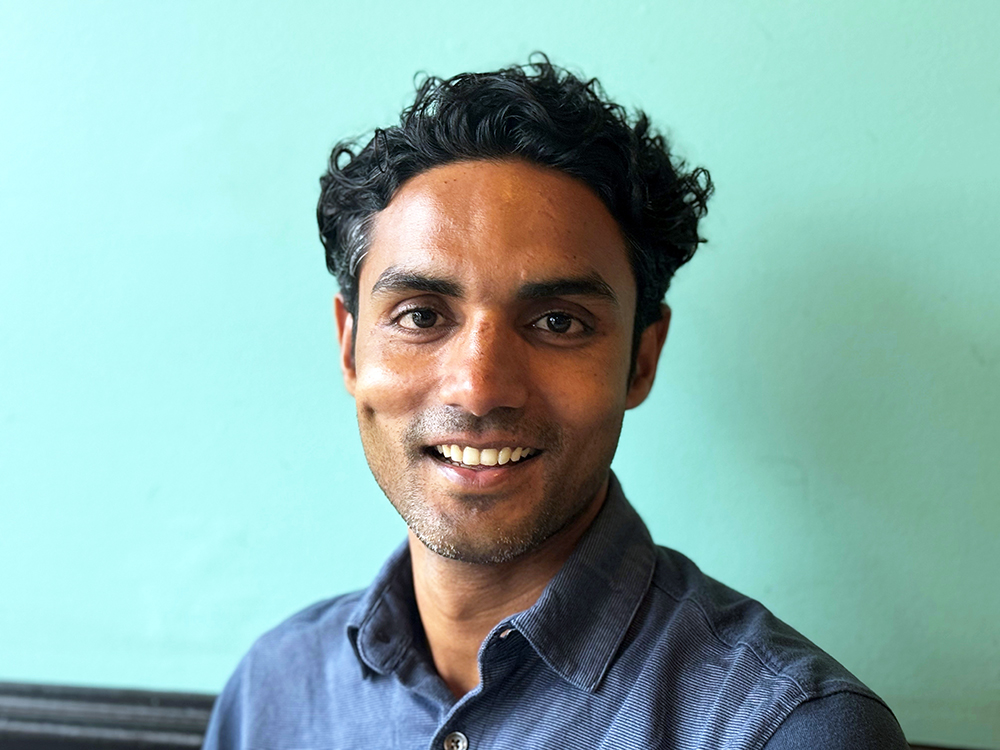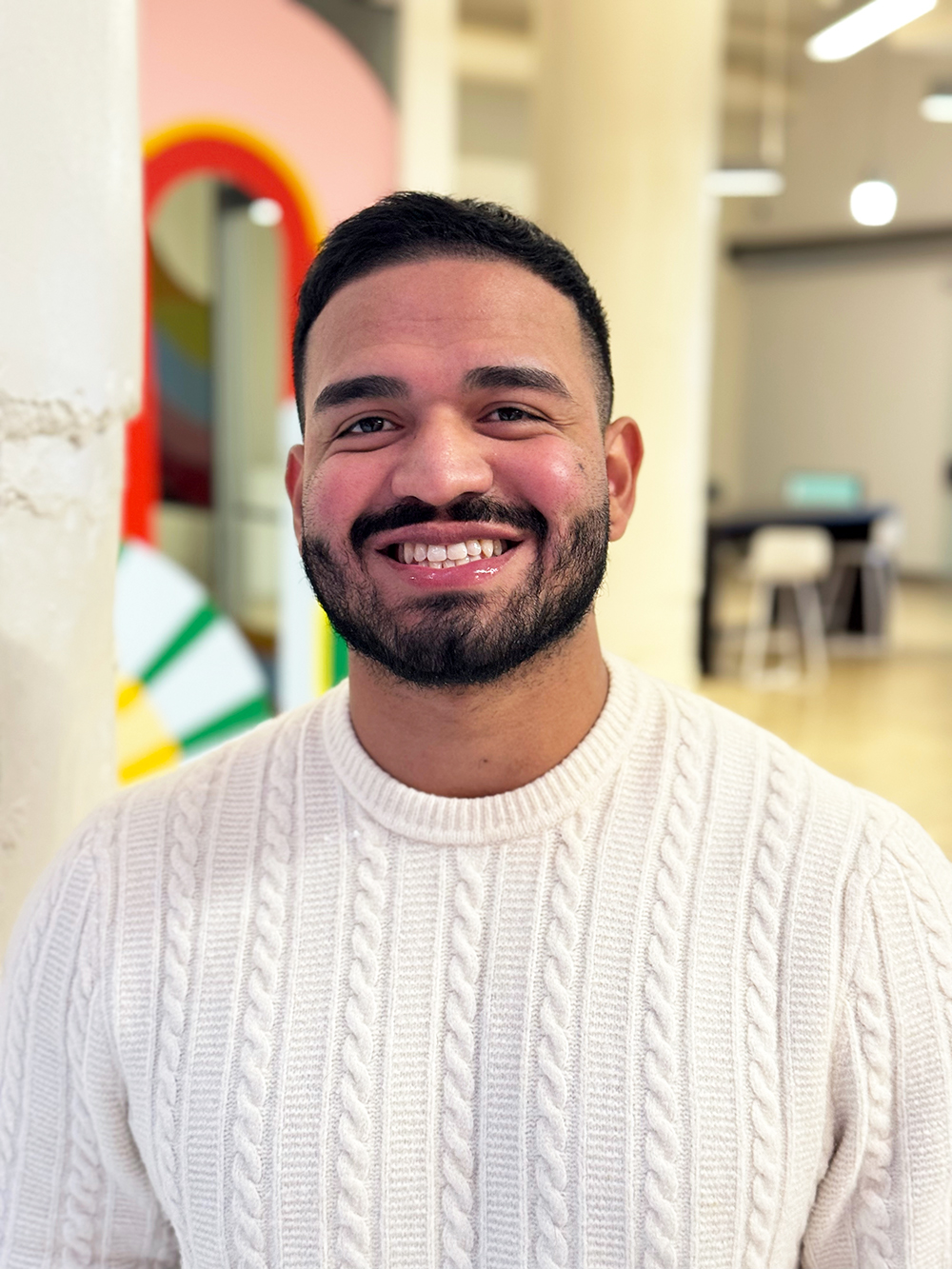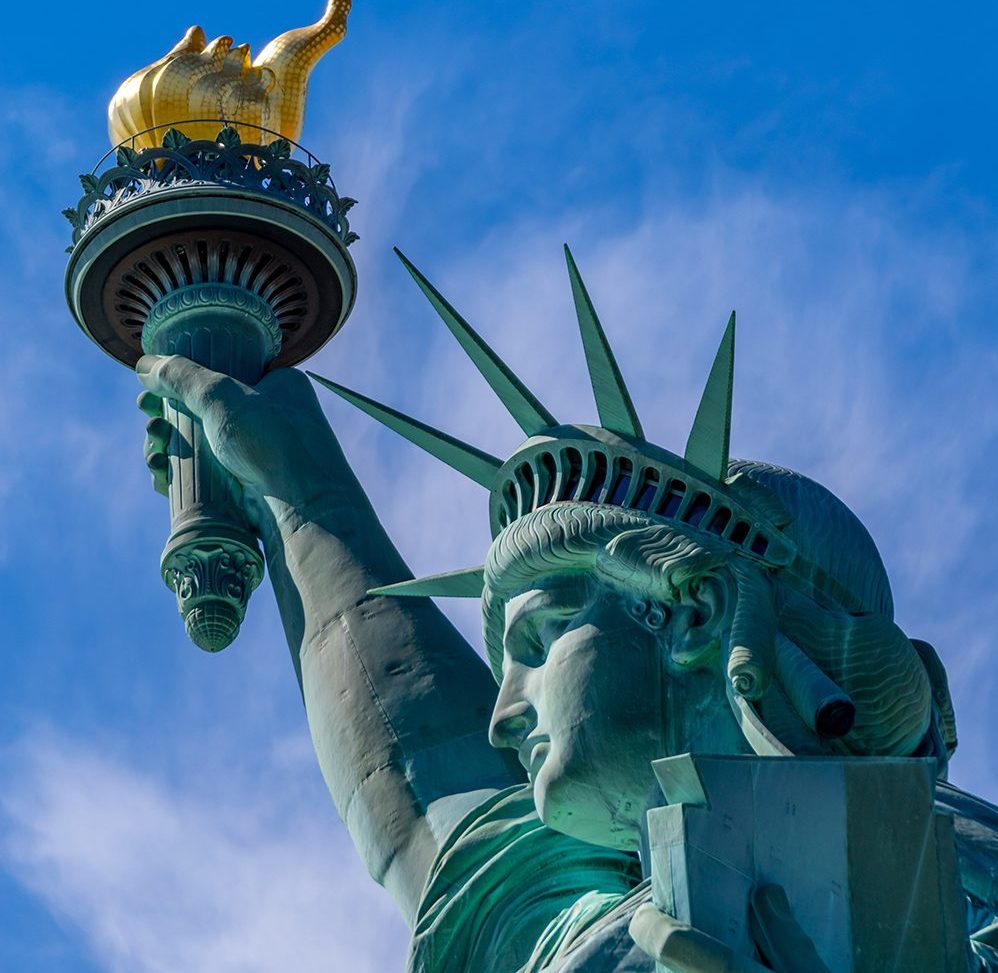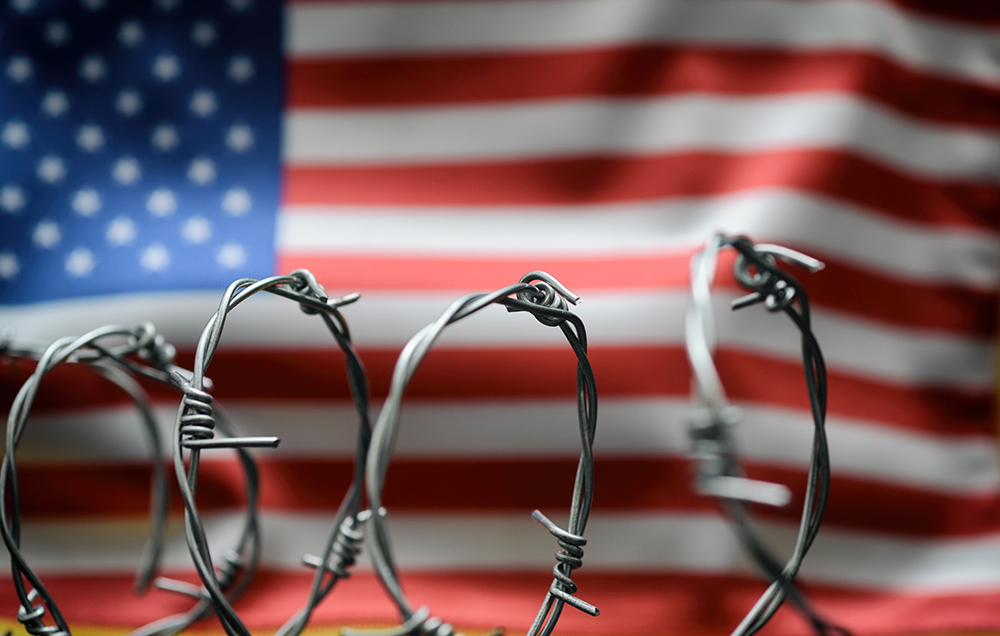Editor’s note: This is part four in a five-part series focusing on immigrant contributions to our nation and city.
Thirty-one years ago, Manuel Rivera Martínez, from Morelia, made the difficult decision to follow his father to California. He was 15. Morelia, the capital of the state of Michoacán in Central Mexico, is a lovely colonial city that has been ravaged, recently, by gang-related violence.
Martínez grew up in a house with seven siblings and developed his entrepreneurial skills from his mother. “My mother, who recently passed, would sell menudo [a traditional tripe soup] and quesadillas out of our house to earn a little extra money,” he says.
When Martínez followed his father to California a few years after his dad left, he hoped that an opportunity for an education awaited him. Instead, father and son worked in Pomona for a company that repaired and resold wood pallets. Then Martínez moved to Merced County and worked on a dairy farm. He worked for Gallo picking grapes and made about $180 or $190 per week. “People worked 12-hour shifts — 6 a.m. to 6 p.m. and then 6 p.m. to 6 a.m.,” he says. “Hard work, and people worked constantly, there were few breaks in the fields, even for water.”
From California, Martínez moved to the Pacific Northwest and worked in restaurants. He eventually made it to Memphis and found employment in a Japanese restaurant where he met his wife Lisha. Initially, they were just friends, and he did not pursue a romantic relationship because he knew inside that he had “no chance.” When he finally asked her out, she said yes! Years later, they’re raising two children: Preston, who attends Dexter elementary, and Mia, their 2-year-old daughter.
Martínez landed in Memphis about 16 years ago and is proprietor of the popular taqueria Maciel’s. The business started Downtown on South Main; now, Martínez has a restaurant on South Cooper, a newly opened location in Bartlett, and plans are underway for another on Summer Avenue. “Memphis is a welcoming city,” he says. “We have issues, but I want people to see the bright side, and if you love what you do, Memphis has the potential to let you do it.”
Martínez illustrates this by reminding us of a tragic event at his Downtown restaurant. “In July 2017, the roof caved in while patrons were dining, and I was ready to shutter the business, but the Downtown community came together and held a fundraiser.” No one was seriously injured and approximately $8,000 was raised. “This money allowed me to pay my employees for three months” while the restaurant was rebuilt, he says. The generosity and kindness of the Memphis community gave Martínez strength, encouraging him to stay in business.
After Maciel’s reopened, Martínez developed a deep love for this community and the neighbors who literally saved his business. He works 12- or 14-hour days to keep the business moving along. And he explains the origins of the name Maciel’s: “It’s my father’s name, Manuel, but they misspelled it on his birth certificate as “Maciel” and it sort of stuck. But we’ve kept the name; in fact, my 9-year-old boy is named Preston Maciel Rivera.”
He credits Lisha, who he refers to as his best friend and most trusted advisor, with pushing him to open the first restaurant. Many advised him against trying to open a business because he had only $40,000 in savings for start-up capital. “In fact, one real estate professional told me to open a food truck,” he says. Martínez wasn’t offended by the off-hand comment; rather, he saw it as a challenge.
While walking down Main Street, Martínez and Lisha saw a “restaurant for sale” sign. They were able to “buy all the equipment from a pizza restaurant that occupied the space.” The landlord was excited about a family starting a business in the location. The stars aligned, or as Martínez says, “I believe we all have a destiny. That there is a book with something written for each of us and that it is designed for you. You have to be sure not to miss the signals. This place was there for me.”
Martínez seems likely to stay put here in Memphis. “People come here because they find what they like to do and you should always follow your passions.” Neither Martínez nor his father, who now lives in Mexico, were able to continue their formal education. “I want my kids to be able to attend college or start their own business or combine the two.”
For Martínez, the ideal business is one where everyone working makes a decent amount of money and only works one job. Because of this ethos, many of his employees have been with him since he started nine years ago.
“Everyone needs to be treated with dignity, no matter what job they have,” says the man who has worked his way up to ownership of a successful restaurant enterprise here. “I’m really fortunate that I chose Memphis, which is a long way from Morelia, Mexico, but this is a great place to raise a family and run a business.”
Bryce W. Ashby is an attorney at Donati Law, PLLC. Michael J. LaRosa is an associate professor of history at Rhodes College.
